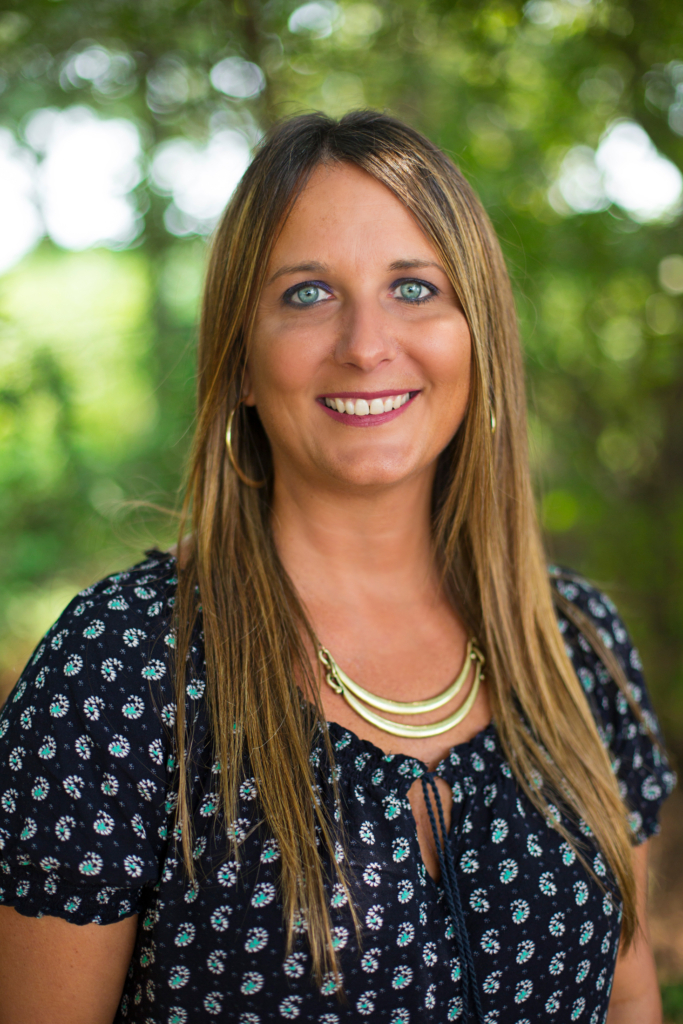Each year, Citizen Potawatomi Nation receives millions of dollars in grants from federal agencies. The U.S. Department of Health and Human Services awards most of those funds, in particular the Administration for Children and Families subagency.
In September 2022, CPN’s Self-Governance Director Kasie Nichols accepted a position on the ACF Tribal Advisory Committee as an alternate representative for the Oklahoma City Area to help advise and make decisions on improving the agency and its service to tribes. For her, progressive change for the Tribe and other Native nations begins with a seat at the table.
“It’s important for us to be engaged because we have several programs and funding, and they’re important core services for us,” Nichols said.

That cash flow supports some of the Tribe’s most utilized resources, including CPN’s Child Development Centers, FireLodge Children & Family Services, House of Hope, specific Workforce Development & Social Services programs and more. Those departments assist Native families with foster care and adoptions, provide daycare and after school programs, help domestic violence victims in the community and provide resources for low-income families to pay their bills.
For Nichols, serving on the committee provides opportunities to expand tribal self-governance and discuss ideas to make it a reality.
“That initiative is very important to CPN and tribes in our area because it streamlines administration and funding, and then it pushes control to the tribes. The tribe makes the decision rather than the federal government. So that’s something that’s a long-term goal,” she said.
Twenty-four tribal representatives comprise the committee that divides the United States into regions, and Nichols serves Oklahoma and portions of the surrounding states. She is Citizen Potawatomi Nation’s first delegate on the committee. As director of the Office of Self-Governance, Nichols and her staff see all sides of the grant process — from application to compliance.
“We see different ways to manage federal programs and funds and maybe can offer a better way to do things that truly honors tribal decision-making at all levels and brainstorm to offer options,” she said.
“We have a lot of cumbersome grant processes, and the way that we access the funds isn’t always easy. Tribes don’t have access to certain programs provided by ACF directly to states, which is a problem because those state-funded services may not ever reach tribal communities. So that’s really where we want to be engaged. And we share the same concerns and issues with tribes in our area.”
The Tribe and Nichols approach these types of opportunities with the big picture in mind for all of Indian Country.
“We take that to heart and try to make sure that we’re good representatives,” she said. “The Tribe, we can offer our own experiences because firsthand we have knowledge of these programs and what they look like at our level. We can discuss those details with other tribes. But first and foremost, we’re really representing not the Tribe, but tribes in the Oklahoma City area who have access to these ACF programs.”
Nichols’ position on the Administration for Children and Families Tribal Advisory Committee continues through December 2023. Find out more at cpn.news/ACFTAC.
